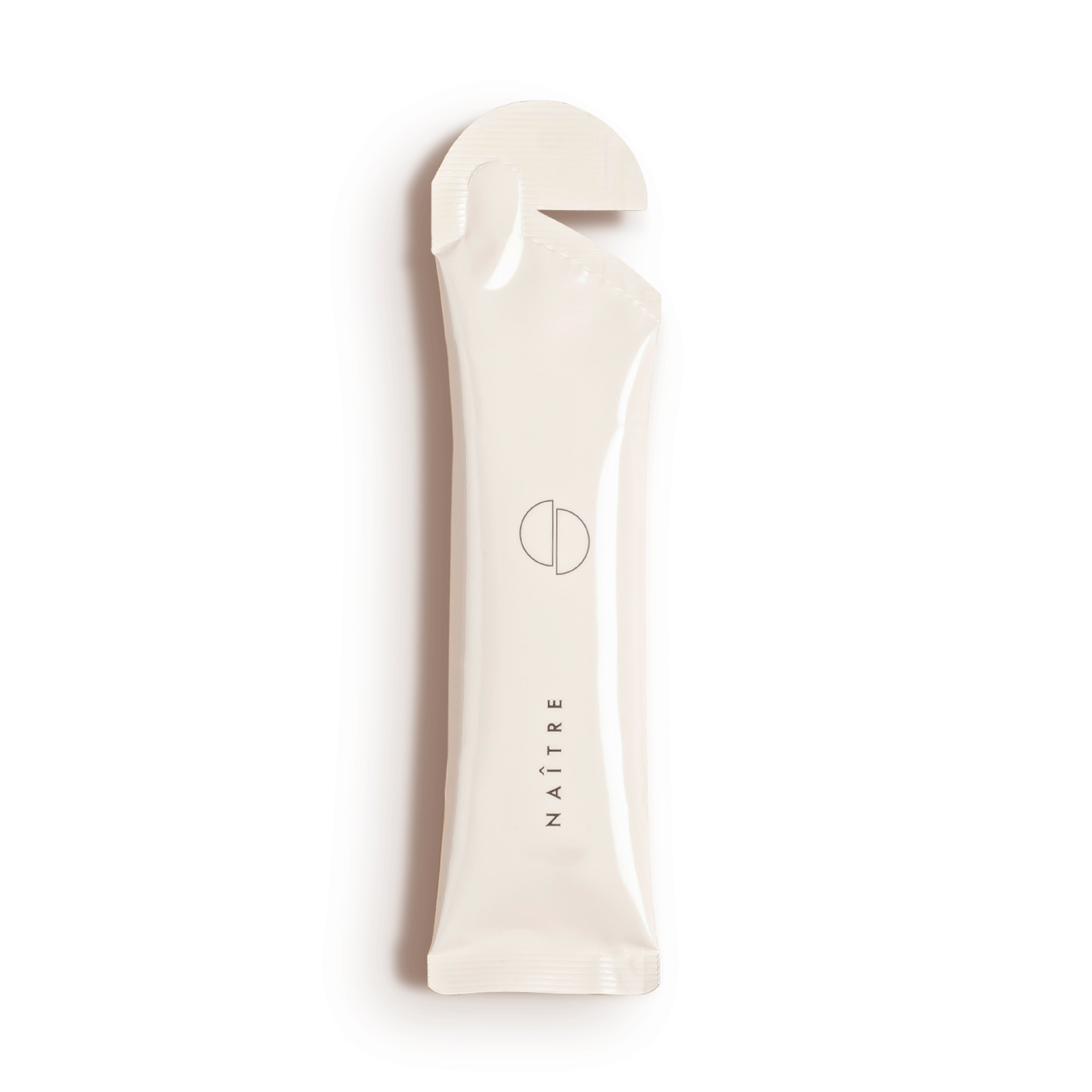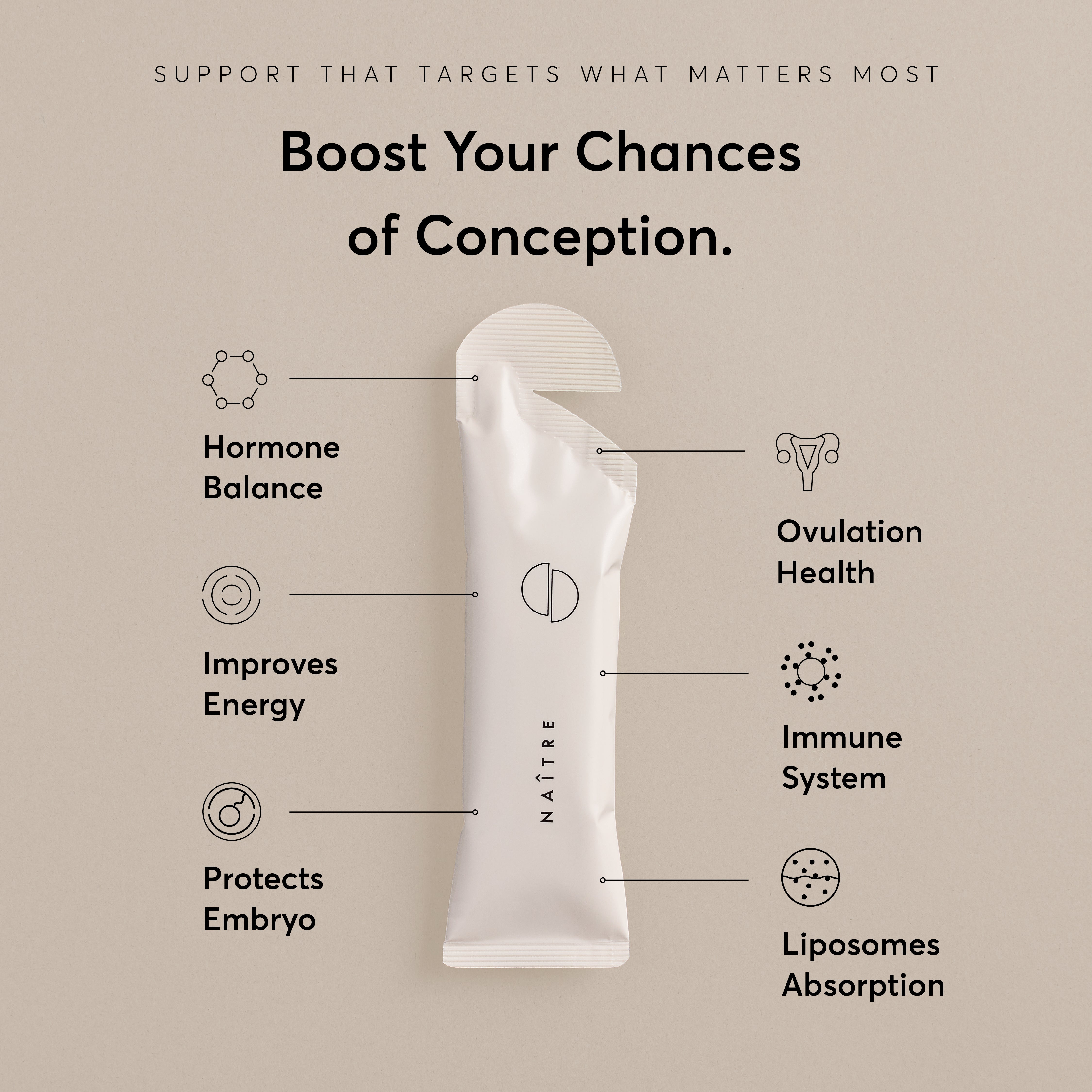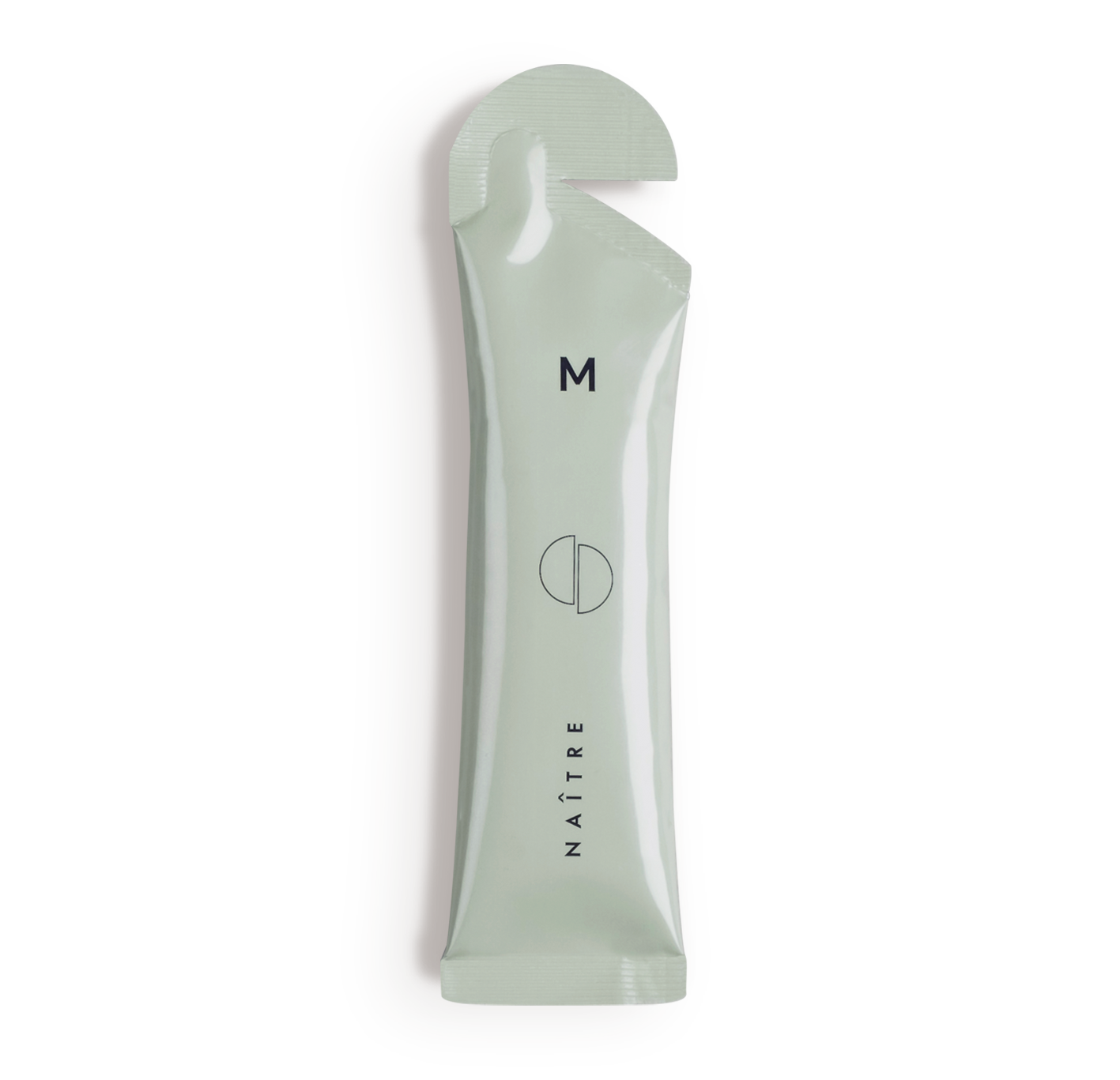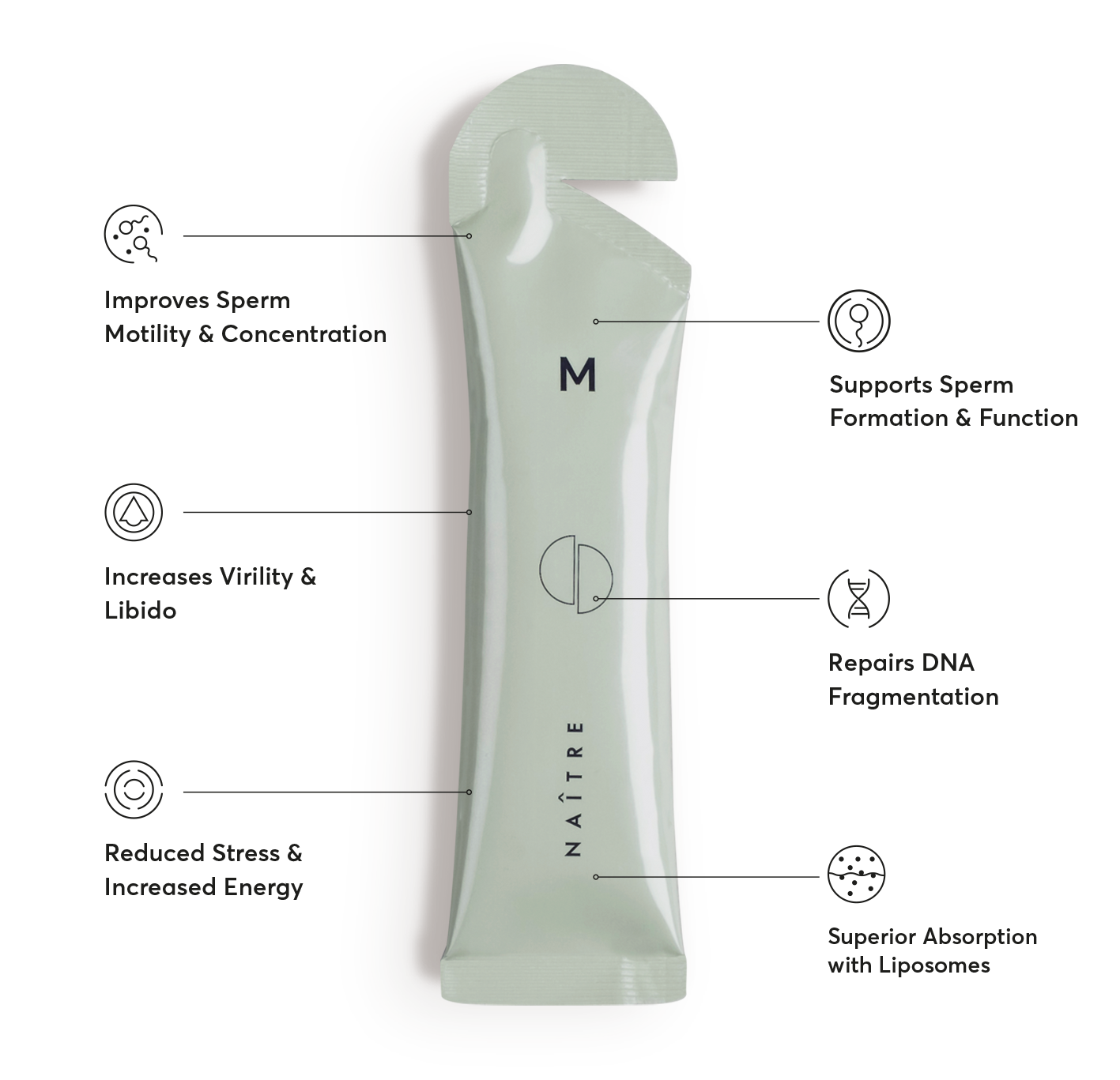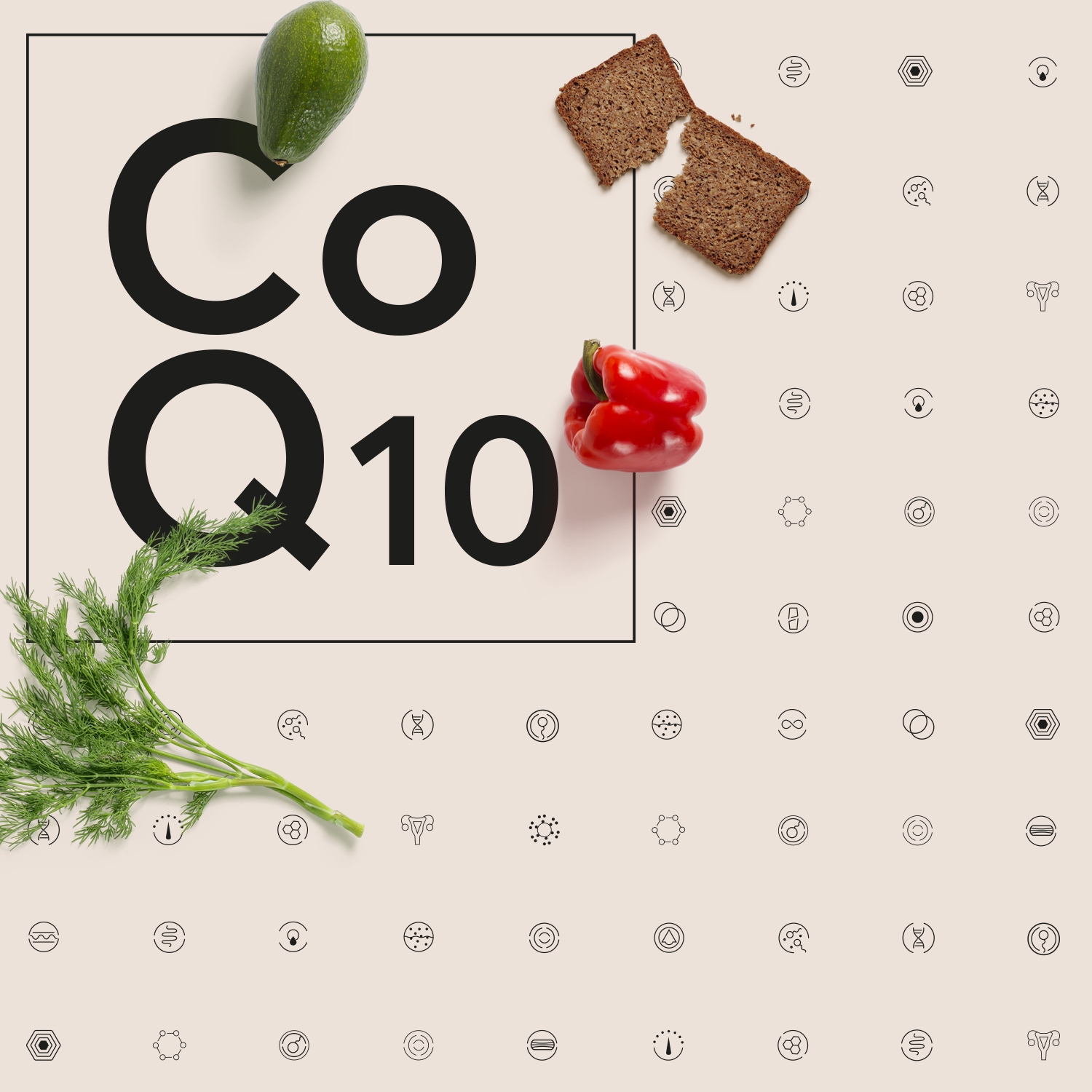
CoQ10 (Coenzyme Q10) is a compound naturally produced by the body that helps make energy in the cells. Its natural production wanes with age. However, we can still obtain this important nutrient through food and supplements. Because CoQ10 is found within every cell in both men and women and can protect them from damage, it is an important nutrient to consume when planning to conceive.
What is Coenzyme Q10?
CoQ10 is a naturally produced antioxidant compound also known as a ‘vitaminoid’, which means it acts like a vitamin but is not officially one. Every cell in the body requires CoQ10 to make energy within the mitochondria, known as the “powerhouse of the cell”. It is known that areas of the body with high energy requirements such as the heart, liver, and brain require higher levels of CoQ10 than others with fewer energy demands.
Due to having antioxidant abilities, it also helps preserve vitamin C and vitamin E where they are found within the body to help protect against cell damage from oxidative stress.
As we age, levels of CoQ10 drop naturally. The same happens when the body is placed under stress, so it is important to replace the lost CoQ10 through food sources and supplementation in both these instances to ensure the body can function properly, including creating healthy sperm and healthy eggs.
Why Do We Need Coenzyme Q10?
This vitaminoid seems to help with fertility health, especially reversing the age-related decline in egg quality and quantity that happens to women, and when given during pregnancy, has been shown to reduce the risk of pre-eclampsia.
Even in men, CoQ10 has shown that it could support healthy sperm in terms of sperm's ability to swim (known as motility), sperm density and sperm morphology (movement of sperm).
Beyond fertility health, CoQ10 has shown to be of great value to the overall health of the body and that obtaining sufficient amounts could help treat heart failure, improve skin health, help people with type 2 diabetes and may even play a role in cancer prevention.
How CoQ10 Optimises Egg Quality
It is a normal side-effect of ageing that as women get older, pregnancy rates lower. This is partly because as women increase in age, so do the rates of genetic abnormalities in their embryos.
For instance, one study found that there were lower numbers of DNA within the mitochondria in women with ovarian insufficiency when the same participant’s results were compared to results of women with a normal ovarian profile. Chromosome number errors lead to miscarriage and genetic conditions like Down syndrome. Another study also observed a relationship between low numbers of mitochondrial DNA and difficulties in fertilising an egg.
CoQ10 was then put to the test in a recent study that found the higher the CoQ10 levels were within a woman’s eggs, the higher the quality of her embryos were.
This same study also observed that higher levels of CoQ10 improved embryo function and led to higher pregnancy rates meaning that mitochondrial function can be improved in the egg by CoQ10 supplementation. What should be mentioned is that the results were profoundly different between the groups of women who supplemented with CoQ10 and those who did not, which indicates that these positive results were not simply down to “chance” as could be perceived.
Another relevant study based on CoQ10 and fertility rates included 6,000 women who were given CoQ10 to take during IVF (In Vitro Fertilisation) regimens. This study provided evidence that when CoQ10 is given to those women trying to fall pregnant through IVF, less of the injectable drugs were needed to stimulate ovarian function, showing that CoQ10 supplementation may improve IVF outcomes.
How CoQ10 Optimises Sperm Quality
Oxidative stress is an imbalance between free radicals and antioxidants in your cells. This type of stress on the body is actually the most significant factor for lowering fertility levels in men as oxidative stress can damage sperm DNA. The good news is that through correct antioxidant administration in food and also through supplementation where needed, DNA damage to sperm can be reduced drastically, as this study states.
To further increase the likelihood of an egg getting fertilised so pregnancy can happen, sperm must have a strong forward movement and shape and must be able to penetrate the cervical mucus inside a woman’s vagina. CoQ10 was shown to help with both of these factors in another study.
How Much CoQ10 to Supplement With
It is worth noting that CoQ10 is available in two different forms - ubiquinol and ubiquinone. Ubiquinol makes up 90% of the CoQ10 found in the human body and is also the more absorbable, bioavailable form. So, this is why for best results when supplementing, go for the ones that include the ubiquinol form. Even going up to 500 mg a day seems well-tolerated, and studies including this one, have shown that even higher doses can be well tolerated without serious side effects.
CoQ10 is a fat-soluble compound that is slow to be absorbed, so when supplementing, it is best taken with food as doing so can make it absorb up to three times faster than when taken on an empty stomach. Some products on the market include CoQ10 supplements in easier to absorb forms, to help with this issue of slow absorption and make them more bioavailable to the body, which includes liposomal forms.
CoQ10 is not stored by the body which is why it is important to obtain this nutrient daily to obtain the best results. If any side effects do appear from taking CoQ10 supplements, then it is advised to divide the daily dose into small doses. Some conditions may also require you to take the doses of CoQ10 that are on the higher end, but always get guidance on this from your health practitioner first.
When it comes to choosing a quality CoQ10 supplement, ensure it is also free of fillers, artificial colourants, binders and additives, just like when choosing any supplement, and that none of the ingredients are from GMO sources.
Discover our unique Liposome Fertility Formulas, developed for couples >
Key Points About CoQ10 and its Role in Fertility Health
CoQ10 is a simple compound that the body produces naturally that assists with energy production, that will decline as we age. This vitaminoid substance has shown to have incredible fertility-boosting abilities. Most notably, in men, it can help to reduce sperm DNA damage and improve sperm motility and shape. Most notably in women, higher levels of CoQ10 can improve embryo function leading to higher pregnancy rates. Topping the body up with CoQ10 on a daily basis from food sources and when needed, supplementation, even before the body stops producing as much, can assist in optimising fertility health for both partners and has also shown to be very beneficial in other health conditions.
If you and your partner have been trying to conceive for one full year (or for six months if you are aged 35 and over), then it is important that you speak to a fertility specialist who can help assess the situation and see what issues could be causing infertility for both people in the couple trying to conceive.

